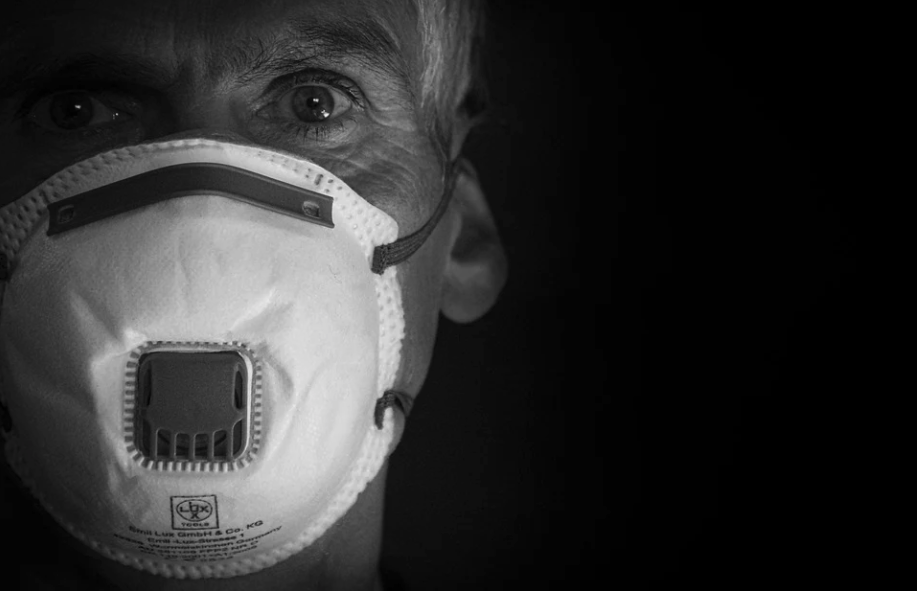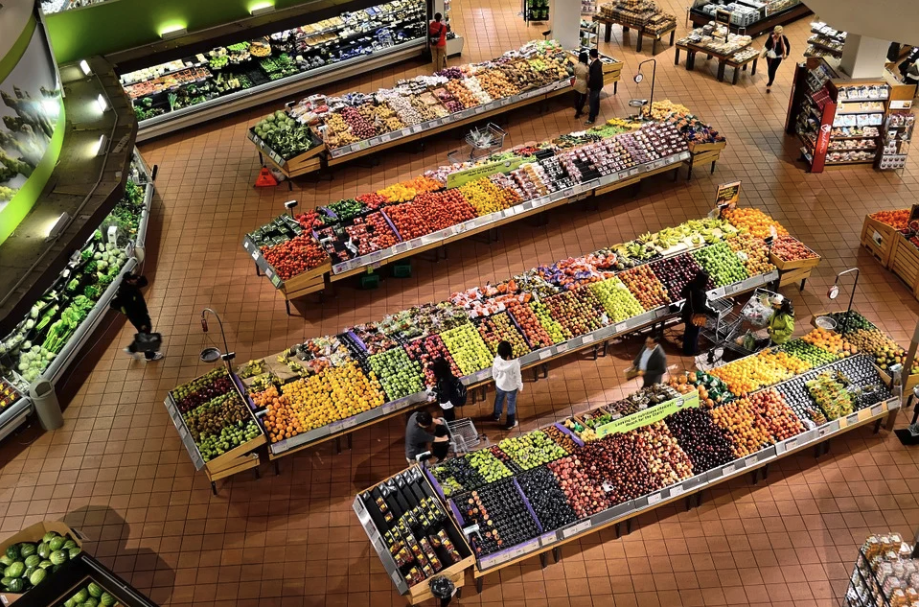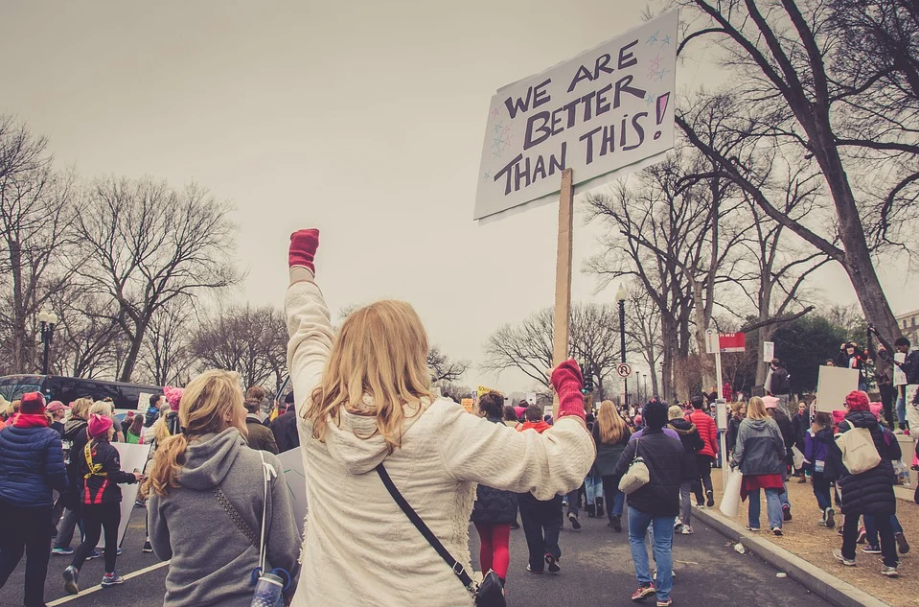
We are heading into year 3 of the pandemic. Yikes! Many of us are burned out. Or we are seeing others around us suffer. As we head into 2022, it is important to take care of ourselves. And one way to do that is taking care of others.
A friend of mine recently asked her friends on social media: “what is your source of motivation right now?” What is yours? My answer was, “my kiddo.” Yes, I love my work, but it can be a slog. Yes, keeping up on news feels necessary but often terribly frustrating. Yes, parenting right now is perhaps more difficult than it has been in generations.
Nevertheless, each night before bed, my wife and I often joke about the goofiness of our toddler. Or we marvel in what she has learned or some new ability she has developed seemingly out of nowhere. As hard as our days are, caring for her help propel us forward.
Recalling the loving-kindness practice
With a kid or with a partner, it can be easy. Our affection automatically flows toward them. Even when we’re tired, we think of them and what might make them happy.
But if we think about those intentions and our ability to help, we can also extend our care out to others around us. We can go further to help a coworker. We can call up a family member or friend. Especially if we feel like the isolation of the pandemic is getting to us.
And just like the loving-kindness meditation, we can reach out to neutral people too. One of the most touching experiences recently was with a grocery store clerk (the clerk presents as non-binary or gender fluid, so I’ll use they/them pronouns).

It was a quiet night and as I unloaded my cart, they asked how my day had been. I sighed loudly. In fact, I had just flown with my wife and toddler from Minneapolis, an exhausting experience in the best of times but downright overwhelming in the midst of a new wave of coronavirus. I was worn out and we had no food in our fridge after the holiday travel. The clerk tilted their head and said, “oh no, that bad?”
I told them about the day and they were immediately kind and empathetic. For the moment my spirits were buoyed. The clerk and I talked a bit about their day, the store, Missoula life. It was a tiny, but meaningful, connection. And it was one that I was happy to share with my wife when I got home.
Loving-kindness practice teaches us to be open to such experiences. Even the grocery store clerk or gas station attendant can be a source of human connection when we need it. And it can go the other way. Sometimes we are the one with an extra bit of energy and care to give to them.
Finding balance
As we move (or trudge) through the winter and Omicron wave, it’s important to check in with ourselves. If we have extra energy to give, we can think about the people in our world and where we can direct it. If we don’t have energy and need to take a break, we can do that too.
In this way, other-care and self-care are intertwined. The Vietnamese Zen master Thich Nhat Hanh coined the terms “interbeing” and “inter-are.” He said, “It’s clear that the fate of each individual is inextricably linked to the fate of the whole human race.”
At a glance, this is so deeply true. When those around us suffer, we suffer. When those around us are doing well, we can feed off of their positivity. Sometimes that is just an interaction at the grocery store. Sometimes it is our family. Sometimes it is society at large. Finding balance means knowing that we are not ever alone. Our lives and feelings are deeply connected with others around us.
Acknowledging deeper problems

One thing to be cautious about, however, is attributing everything to our own mental status. Sometimes we feel bad because the world around us is itself broken. Thich Nhat Hanh also wrote:
“Restoring mental health does not mean simply adjusting oneself to the modern world of rapid economic growth. The world is sick, and adapting to an unwell environment cannot bring real health. Many people who need psychotherapy are really victims of modern life – which separates us from each other and from the rest of the human family.”
This pandemic is hard. And before that there were many factors that made life unnecessarily hard too. Societal structures pressing down, particularly on women, people of color, and the LGBTIQ community. As we work on ourselves and those around us, we can also work on society. If we are lucky, we can make it a little better than we found it.
Acknowledging these deeper issues, we might also give ourselves a bit of a break. In addition to all of the structural problems, the economic rat race is very real and damaging to many of us. Pile on top of that the proliferation of social media, influencer culture, and more, and many of us find ourselves utterly lost.
That’s the reality. That is our starting point. But within all of that, we can choose each day how we live. We can be better. Do we do our best to find balance? Do we seek out one thing to improve ourselves? Do we ensure that we’re open to that next opportunity to connect, either with a loved one or a grocery store clerk?
 Justin Whitaker, Ph.D., holds a doctorate in Buddhist ethics from the University of London. He has given lectures, and taught Buddhist studies and Philosophy at Oxford University, the University of Hong Kong, the University of Montana, and at Antioch University’s intensive study-abroad program in India. A certified meditation teacher, he is a regular contributor to Patheos.com, and Senior Correspondent for Buddhistdoor Global. He lives in Missoula with his family.
Justin Whitaker, Ph.D., holds a doctorate in Buddhist ethics from the University of London. He has given lectures, and taught Buddhist studies and Philosophy at Oxford University, the University of Hong Kong, the University of Montana, and at Antioch University’s intensive study-abroad program in India. A certified meditation teacher, he is a regular contributor to Patheos.com, and Senior Correspondent for Buddhistdoor Global. He lives in Missoula with his family.
